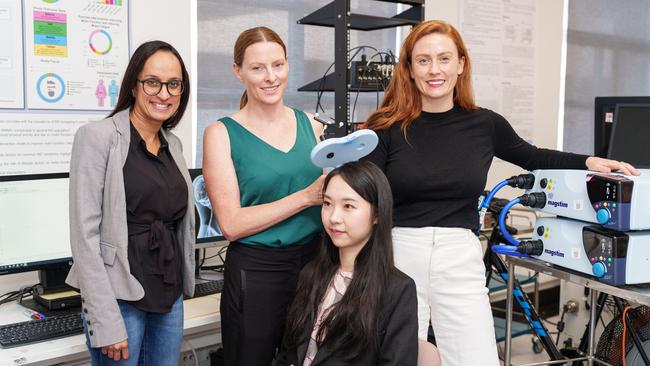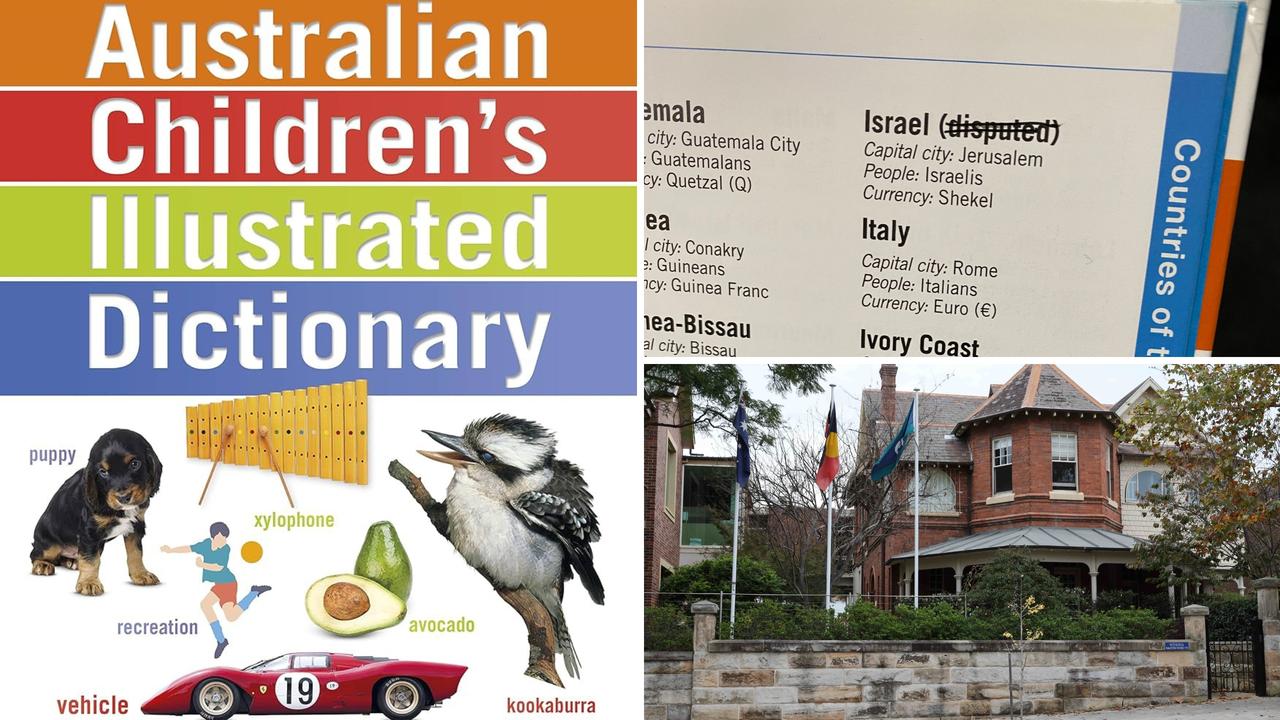World-first clinical trial to treat chemo-induced neuropathy
A team of University of Adelaide researchers is hoping to create a world-first treatment for nerve damage caused by chemotherapy, through magnetic stimulation.

A team of University of Adelaide researchers is hoping to create a world-first treatment for nerve damage caused by chemotherapy, through magnetic stimulation, which affects more than 80 per cent of bowel cancer survivors.
There are no effective treatments for chemotherapy-induced peripheral neuropathy, a form of chronic nerve damage caused when nerves that carry messages between the brain, the spinal chord and the rest of the body are damaged through chemotherapy treatments.
The condition can cause loss of sensation and control in hands and feet.
The University of Adelaide is now exploring a promising treatment option known as Transcranial Magnetic Stimulation, a non-invasive technique that uses magnetic fields to stimulate specific brain regions.
Head of the Cancer Treatment and Toxicities Group, Joanne Bowen, said the “persistent pain of CIPN severely impacts the quality of life of people and makes it one of the most challenging long-term side-effects of cancer treatment”.
“Early evidence of TMS being used for other cancers, particularly multiple myeloma, suggests it could offer significant relief, transforming the way CIPN is managed,” Professor Bowen said.
“Patients will have between four and seven sessions involving pain assessments and TMS therapy to modulate pain through neuroplasticity.
“We’ll assess if there have been any improvements after eight weeks and, if there has been, we will assess them again after six months.”
Professor Bowen said the university was seeking trial participants over 18 who have experienced ongoing pain in their hands or feet following oxaliplatin-containing chemotherapy for bowel cancer and who completed their treatment at least six months ago.

Brad Gauvin knows the pain of CIPN after being diagnosed with stage three colorectal cancer and completing six months of chemotherapy.
“I had mild peripheral neuropathy during the chemo, which has also left me with some permanent nerve damage, and as a result I became well read on cancer, its causes and treatment options, and was exposed to cancer care, including pain management options, its limitations and the lack of knowledge by patients, and of a patient perspective,” he said.
“This TMS pain treatment could be a highly effective alternative to pain medications with no side-effects.”
Mr Gauvin worked on the consumer advisory for the study.
“This is the first clinical trial of its kind in the world so potentially groundbreaking for neuroscience, cancer care and many cancer patients all over the world … (They are) pushing the boundaries of medical research of neuroscience and cancer care with TMS brain stimulation technology to activate certain neurons in the brain associated with the pain response to peripheral neuropathy,” he said.
For more information regarding the trial, contact Eva Moore at tmac@adelaide.edu.au or call
(08) 8313 5053.






To join the conversation, please log in. Don't have an account? Register
Join the conversation, you are commenting as Logout